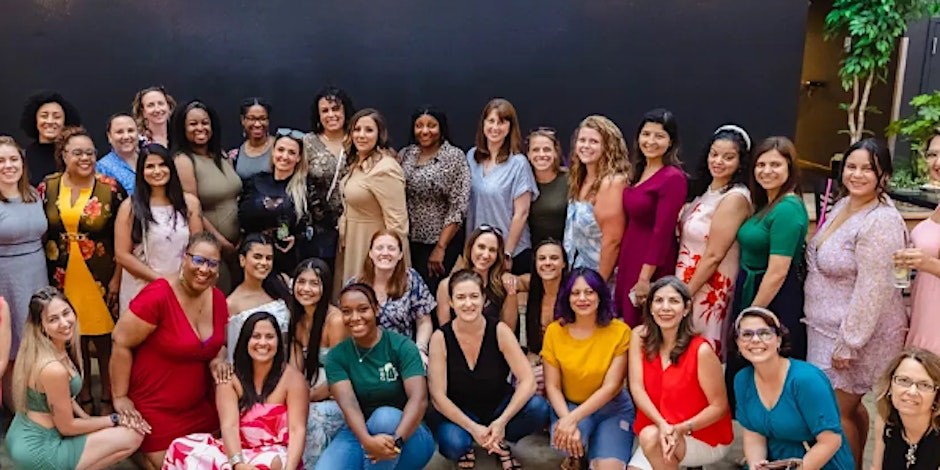
Why am I providing feedback for speakers? I spend a lot of time at conferences and events, watching presentations from both our speakers and others. I watch many many many webinars. I listen to many many podcasts. And, I watch and listen with a critical eye. My mission is more women on stage at conferences and events, but my job is to place awesome speakers and make conferences better. But I see the same issues over and over again.
Speakers should always have their student hat on. Every speaker can get better. And the best speakers keep learning and striving to improve. Practice, practice, practice. Go to school on other speakers. Look around you and you will see many opportunities to learn – both the good, the bad and the downright ugly examples.
- Timing is critical to a great event. See our post about Keeping an Eye on the Clock.
- Don’t wing it. Please prepare for your time on stage – even if it is a panel, you should still take the time to review the bios from the other panelists, read up on the topic, and review the questions.
- Give a little extra – I continue to see presentations where I could gain the same knowledge with a quick Google search. If I can gain the same information in two minutes with a browser, you are not doing your job. Ask the questions others don’t think to ask. Offer a unique perspective. Share insider tips not readily shared with outsiders.
- Don’t sell. Don’t be the sales presentation masquerading as a speech. Yes, you are allowed to tell people what you do and that you offer a product or service, but a straight sales pitch will talk most people right out the room. When audience members suddenly all get emergency calls and hurry from the room clutching their smartphones, you’ll know.
- Don’t tell me your whole life story before you offer anything of value. Audiences get a little anxious when you start your presentation or speech with, “When I was four…” Short stories and illustrations of points are expected and can help make a speech great but the whole enchilada? No thanks.
- Slow down. Take a breath. Allow that punchline to sink in. Too many speakers hurry through their presentation so quickly that you could blink and miss it. They stomp on their best material. The quick aside gets missed in the round of applause about the previous point.
- Smile! I saw a perfectly good presentation recently that could have been great if the speaker had taken the time to connect more with the audience in a friendly manner. Your first job is to be likable.


